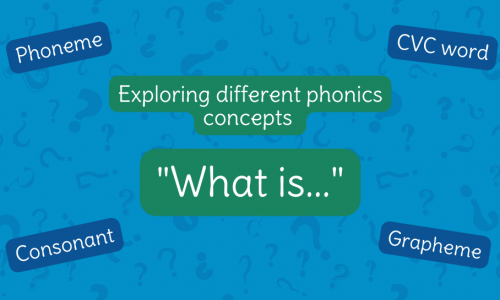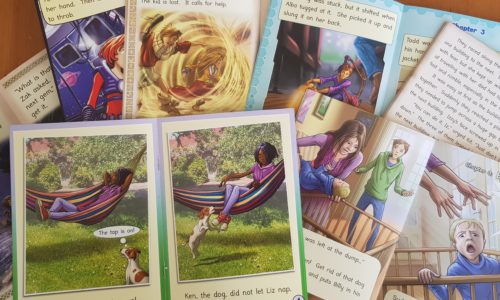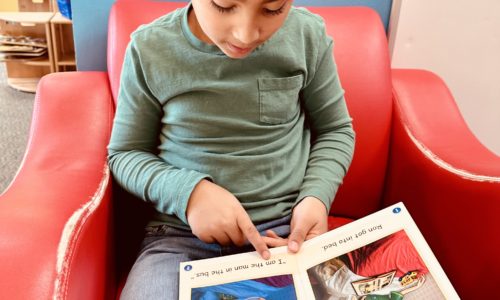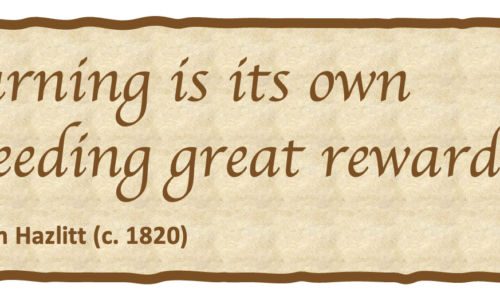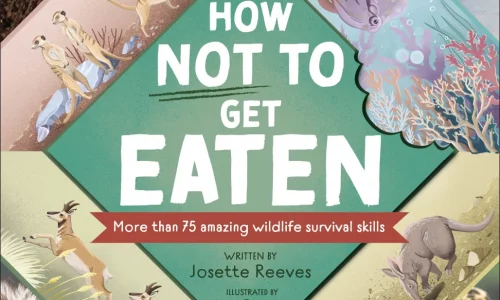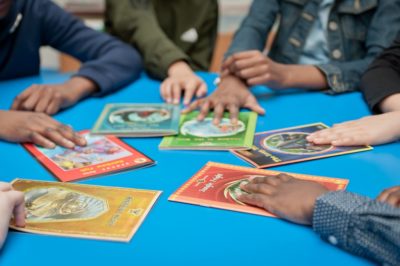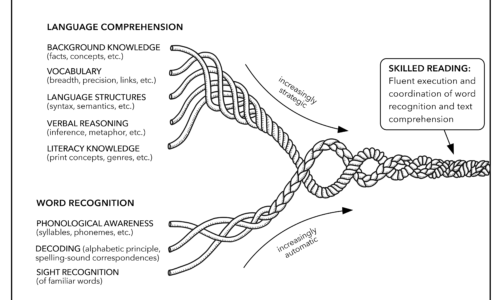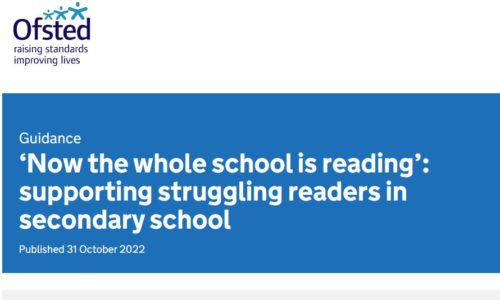
Langley Park School for Boys is a large 11–18 academy in Beckenham, near Bromley. The school is one of four secondary schools in Impact Academy Trust which recently took part in a Year 7 reading intervention trial using DK Phonic Books catch-up readers and resources. The DfE’s Reading Framework, published in July 2023, highlights the […]
Read More


